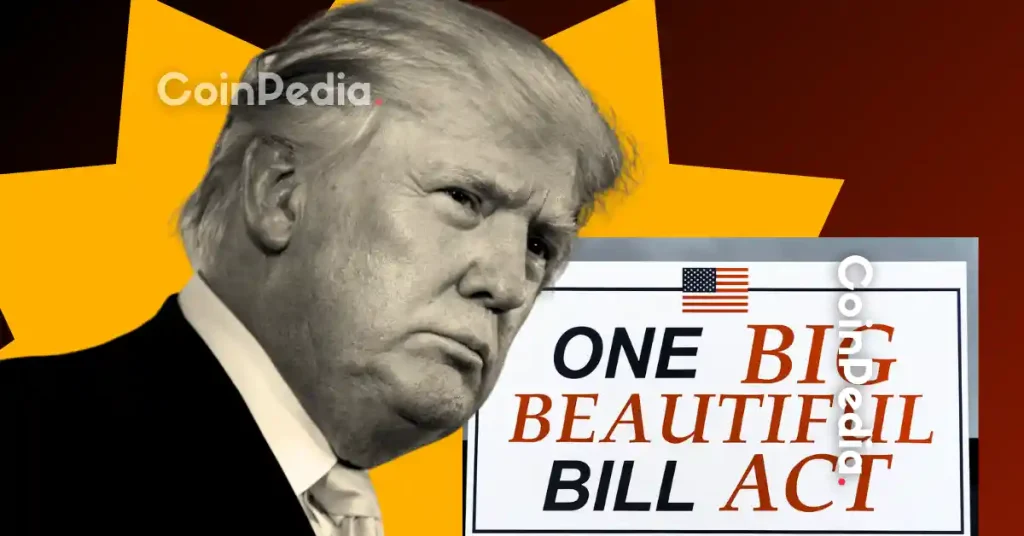
What will be the tax reform next year?
On the 14th, the Liberal Democratic Party announced the “Tax Reform Outline” for 2026 regarding next year’s tax reform.
The outline positioned wage increases not as a cost but as a driving force for growth, which is investment, and focused on promoting wage increases and domestic investment.
Regarding crypto assets (virtual currencies), a review will be made to exempt corporate-owned crypto assets (virtual currencies) held by third parties other than the issuer from “period-end market valuation taxation” under certain conditions. It was specified that this would be done.
This is one of the main points raised by the Japan Crypto Asset Business Association (JCBA) in its request for the 2024 tax reform submitted to the government in July of this year. This will create an environment conducive to promoting web3, and is expected to encourage business start-ups that utilize blockchain technology.
Prior to this, the tax system research committee held on the 6th assessed requests for tax reform from various ministries and agencies. The company has indicated that it will exclude transactions unless it is for short-term trading purposes.
connection:Virtual currency corporate tax system to be reviewed in 2024 Adjustments will be made to exclude “issued by other companies” from mark-to-market taxation = report
Last year’s tax reform included a revision to the “end-of-period mark-to-market valuation tax,” which had been viewed as a problem as leading to the outflow of human resources overseas, and only virtual currencies owned by corporations and issued by themselves are exempt from mark-to-market valuation tax. However, it was pointed out that issues issued by other companies should be treated in the same way.
A problem with Japan’s tax system is that unlike individuals, who treat crypto assets as “miscellaneous income” and need to calculate profits and losses only at the time of settlement, in the case of corporations, it was necessary to calculate unrealized gains and losses at the end of the fiscal year.
Separate taxation on self-assessment is not mentioned.
On the other hand, JCBA’s request for separate self-assessment taxation at a tax rate of 20% and taxation when exchanging crypto assets were not included in the “Tax Reform Outline,” and the issues were carried over to the following year.
JCBA states that profits and losses related to crypto-asset transactions will not be taxed at the time of exchanging crypto-assets, but will be subject to tax once the crypto-assets held are exchanged for legal tender, and that the tax will be imposed on profits and losses related to crypto-assets for three years starting from the following year. They requested the government to consider a “carry-over deduction” from the amount of income.
By first improving the tax system for corporations, it is hoped that discussions on matters such as separate taxation for self-assessment will accelerate in the future.
connection:Japan Blockchain Association submits request for crypto asset tax reform to government
The post Announcement of tax reform outline for fiscal year 2024, “term-end mark-to-market valuation tax” by corporations (third parties other than issuers) will no longer be subject to tax reform appeared first on Our Bitcoin News.

 1 year ago
66
1 year ago
66














 English (US) ·
English (US) ·